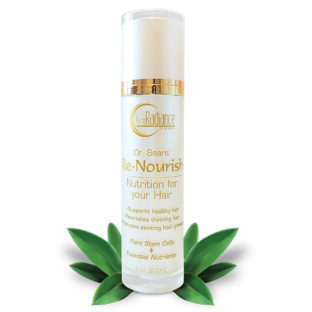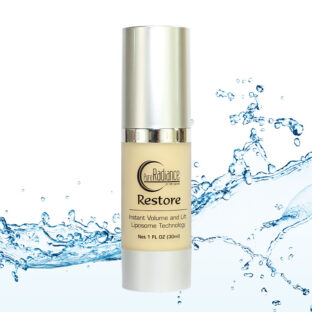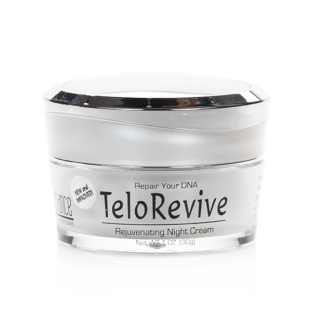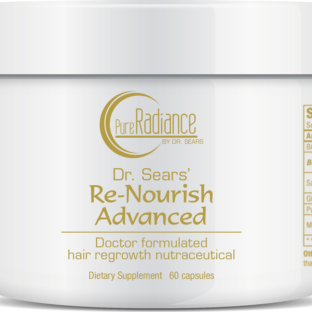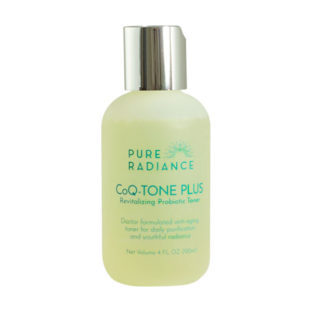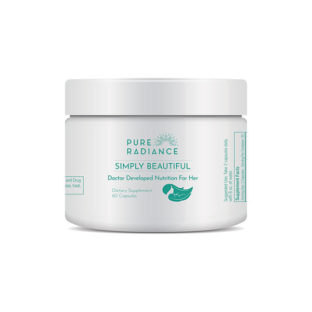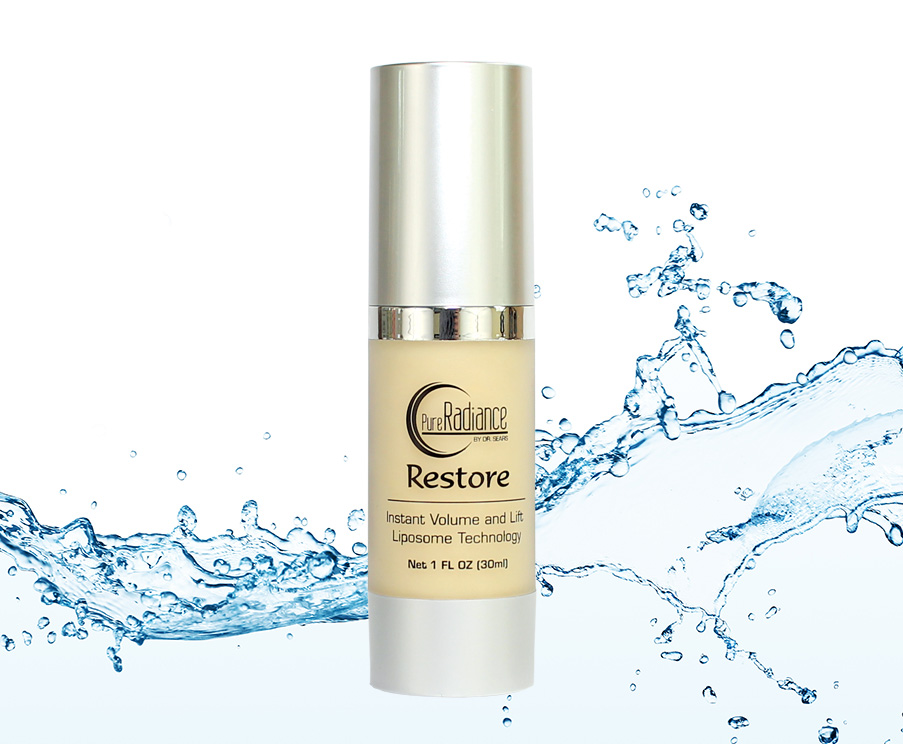
Protecting your immune system from attacks by outside invaders – like germs, bacteria and viruses – is more important than ever right now. The key to anti-aging and a long, healthy lifespan is combatting the threats that come from inside your own body.
Many of these threats are where chronic diseases develop.
You see, as we age our bodies accumulate a build-up of damaged, dying and otherwise unnecessary cells. If you don’t do something about it, this dead weight just piles up in inside of you…
But there’s an age-old “trick” that throws out this cellular trash.
It’s a complex biological process called autophagy. This means “self-eating.” And it’s how your body cleanses itself of the dangerous cellular debris that causes illness and disease.
The most effective – and easiest – way to achieve autophagy is with intermittent fasting.
Studies show fasting is a powerful treatment for:
- Heart disease:Autophagy therapy cuts heart disease risk 77%.[1]
- High blood pressure:Another study tested autophagy therapy on 174 people with hypertension. After three weeks, 90% of participants had readings below the “high” threshold of 140/90mm Hg.[2]
- Diabetes:Researchers completely reversed diabetes in mice within six weeks.[3]
- Cancer:The National Cancer Institute found increased levels of plasma protein carbonyl in patients with certain cancers. Autophagy therapy reduced carbonyl by 73.3%.[4]
- Arthritis:Numerous studies show activating autophagy is a powerful weapon against the inflammation that causes arthritis.[5]
But fasting does something even more incredible for your health…
The latest research proves that fasting can actually trigger the regeneration of your body’s sleeping stem cells.
As you know, stem cells are the supply of healthy “replacement cells” you were born with. Your body assigns them regularly to replace cells that are damaged, old or dying.
But as you age, your stem cells begin to lose their ability to regenerate in a process called stem cell senescence. And this decline makes it much more difficult to recover from disease, trauma, infection and inflammation.
But as a new study by researchers at MIT discovered, fasting dramatically improves stem cells’ ability to regenerate, in both aged and young mice.
In fasting mice, cells begin breaking down fatty acids instead of glucose, a change that stimulates the stem cells to become more regenerative. The researchers found that they could also boost regeneration with a molecule that activates the same metabolic switch.
And groundbreaking new research revealed that intermittent fasting could even trigger stem cell regeneration of new immune system cells. The study is the first to show a natural trigger for the regeneration of an organ or system through stem cells.[6]
You can reverse aging and boost stem cells in only hours. You see, today we’re used to eating three meals a day, plus snacks. That can make fasting seem overwhelming. I recommend starting out with intermittent fasting.
It means you only eat in an 8-hour window. And fast for the remaining 16. Most of that time is spent sleeping. Eventually, as your body adjusts, you can move to a 20-hour fast. Eventually, your goal should be a full 24-hour fast once or twice a month.
3 supplements to kickstart your cellular cleanup
But to jumpstart autophagy even faster, I recommend these supplements.
- Curcumin: Numerous studies have found that this turmeric spice triggers autophagy, especially in several kinds of cancer cells.[7],[8] I suggest supplementing with 500 to 1,000 mg daily. But typically, your body only absorbs about half the curcumin you take in. Look for a supplement with piperine (from black pepper). Adding 20 mg increases the bioavailability of curcumin by 2,000%.[9]
- This red wine nutrient induces autophagy by directly triggering AMPK to enhance pluripotent stem cells.[10] You’d need hundreds of glasses of wine a day to get what you need. I suggest supplementing with at least 10 mg to 20 mg per day instead.
- This natural component from goldenseal and barberry also turns on autophagy pathways. A dose of 200 mg to 500 mg is recommended for most people.
[1] Horne B, et al. “Usefulness of routine periodic fasting to lower risk of coronary artery disease among patients undergoing coronary angiography.” Am J Cardiol. 2008 October 1.
[2] 2. Goldhamer A, et al. “Medically supervised water-only fasting in the treatment of hypertension.” J Manipulative Physiol Ther. 2001 Jun.
[3] Lesica N. “Intermittent fasting could help tackle diabetes — here’s the science.” The Conversation. August 21, 2017.
[4] Rossner P, et al. “Plasma protein carbonyl levels and breast cancer risk.” J Cell Mol. Med. 2007 Sep; 11(5): 1138–1148.
[5] Kjeldsen-Kragh J, et al. “Controlled trial of fasting and one-year vegetarian diet in rheumatoid arthritis.” Lancet. 1991 Oct 12;338(8772):899-902.
[6] Cheng C, et al. “Prolonged Fasting reduces IGF-1/PKA to promote hematopoietic stem cell-based regeneration and reverse immunosuppression.” Cell Stem Cell. 2014 Jun 5; 14(6): 810–823.
[7]Zhang Y, et al. “JNK pathway mediates curcumin-induced apoptosis and autophagy in osteosarcoma MG63 cells.” Exp Ther Med. 2017 Jul;14(1):593-599.
[8] Li X, et al. “Curcumin inhibits apoptosis of chondrocytes through activation ERK1/2 signaling pathways induced autophagy.” Nutrients. 2017 Apr; 9(4): 414.
[9] Shoba G, et al. “Influence of piperine on the pharmacokinetics of curcumin in animals and human volunteers.” Planta Med. 1998;64:353–6.
[10] Suvorova I, et al. “Resveratrol enhances pluripotency of mouse embryonic stem cells by activating AMPK/Ulk1 pathway.” Cell Death Discov. 2019;5(61). doi.org/10.1038/s41420-019-0137-y.


